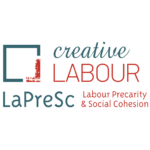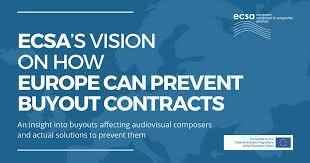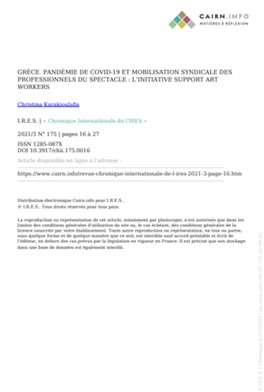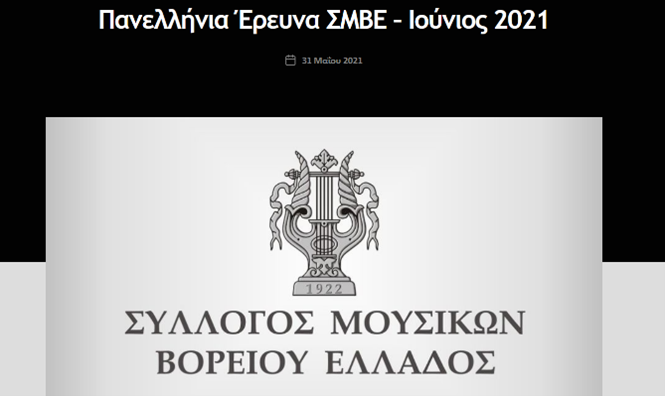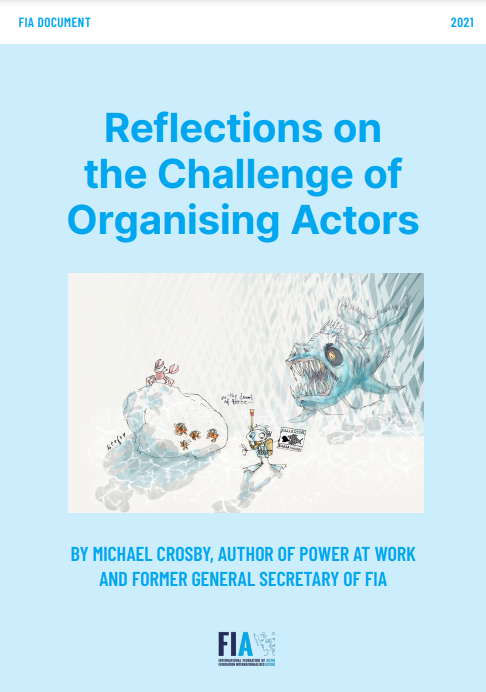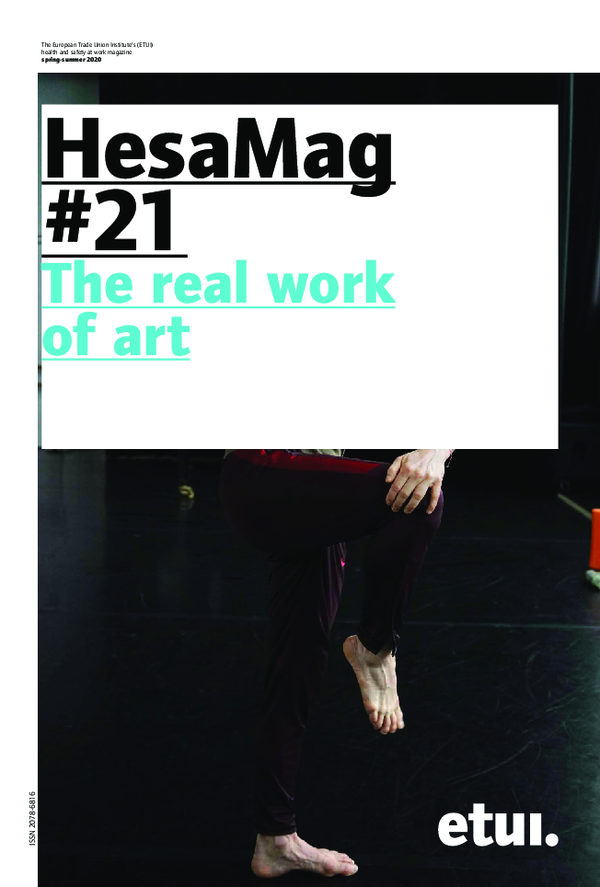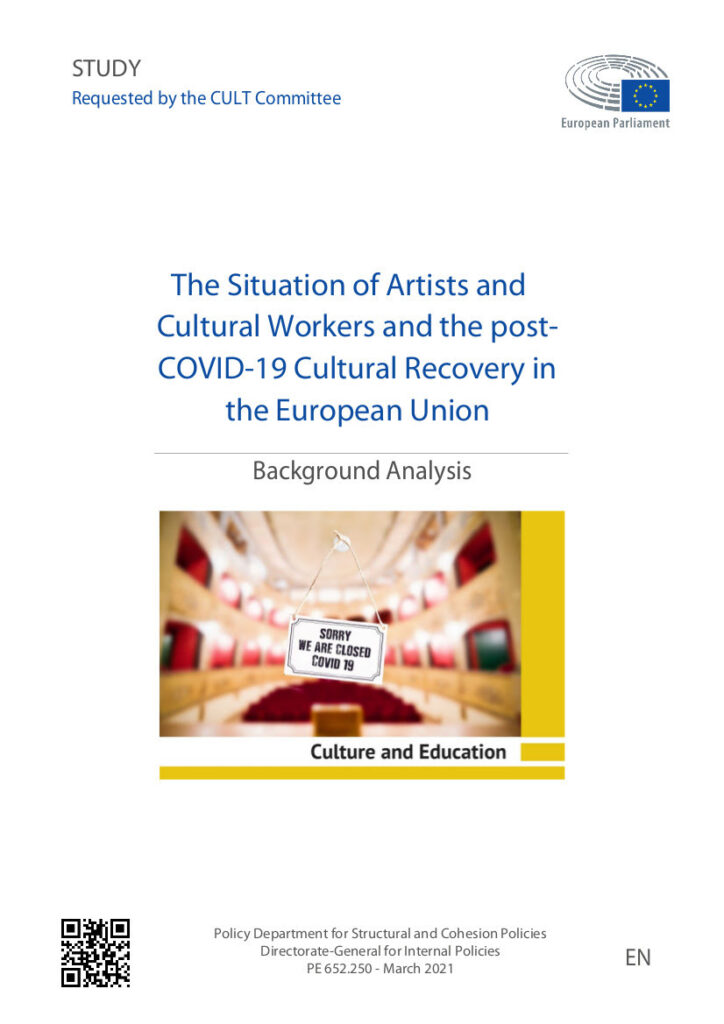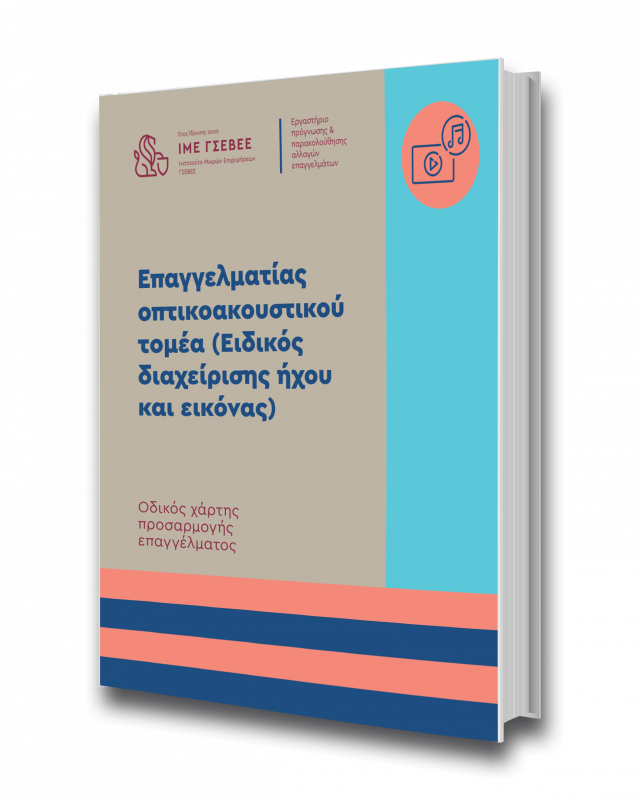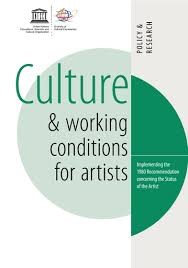Naylor, R., Moretto, M., & Traverso, R. (2021). Cultural and creative industries in the face of COVID-19: an economic impact outlook. UNESCO.
Naylor, R., Moretto, M., & Traverso, R. (2021). Cultural and creative industries in the face of COVID-19: an economic impact outlook. UNESCO. No corner of our planet has been left untouched by the COVID-19 crisis. The virus itself has cost many lives, and the lockdowns experienced by many countries have destroyed jobs and businesses. At […]
